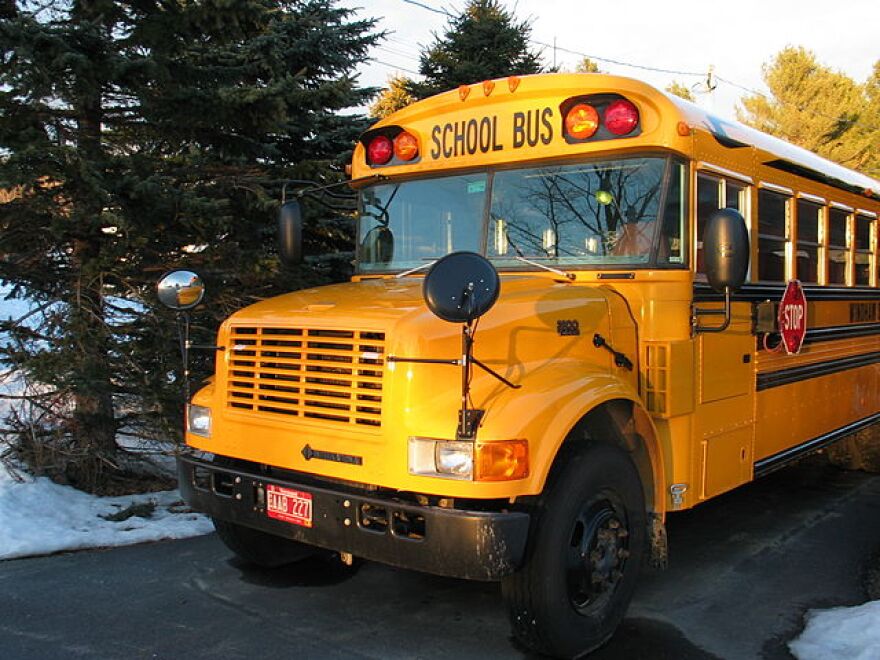Vermont House and Senate negotiators have reached a compromise agreement on an education bill that would require some Vermont school districts to consolidate in order to expand student offerings while saving taxpayer money.
The education bill amends funding, spending, and education governance. According to data cited in the bill’s text, Vermont’s kindergarten through 12th grade student population declined from 103,000 to 78,300 between 1997 and 2015. Of the 300 public schools in Vermont, 205 have 300 or fewer enrolled students. 64 schools have 100 or fewer enrolled students.
The bill establishes incentives for mergers and the creation of school districts with at least 900 students. Grants to motivate reorganization are provided and the Board of Education is given authority to require small districts to merge with larger districts.
Vermont Superintendents’ Association Executive Director Jeff Francis says the legislature has crafted a plan that responds to the challenges in Vermont public education. “Including our declines in enrollment and how we provide better opportunities for students at an affordable price. While the legislation is a complicated piece of legislation I think that the General Assembly has succeeded in creating a good framework for moving forward.”
Francis notes that the bill focuses on how an extraordinarily small state can deliver educational services. “The bill says that over time we’ll reorganize to a fewer number of districts in an effort to provide opportunities for kids and gain efficiencies and economies through a more appropriate scale. The bill has a cost containment provision. School districts will be free to spend at any level they want. But if they spend above the target there will be a tax implication.”
National Education Association Vermont Chapter Executive Director Joel Cook says he’s not as enthusiastic about the compromise agreement as some are, but adds he is satisfied with it. “We think the compromise tended in the direction of making school district consolidation less mandatory and therefore a bit more voluntary than the House did. But between the inclusion of tax rate incentives for local districts and sort-of a stick at the end of the process in the form of if you’re not merged the Secretary of Education and the state Board of Education may try to force the issue. It will probably generate more consolidations than under current law.”
Cook expects the governor to sign the legislation, adding it’s something he should do. “Even if we’re not excited about it that doesn’t mean we think it’s fundamentally bad. I think that over time what we collectively ought to be examining is the extent to which the actual opportunities for our children, particularly in low income communities, fare. If in fact those opportunities are tracked then we’ll be able to tell if this legislation has had the beneficial effect that people are suggesting it will.”
The full House and Senate are expected to approve the bill before adjournment, set for this weekend.





